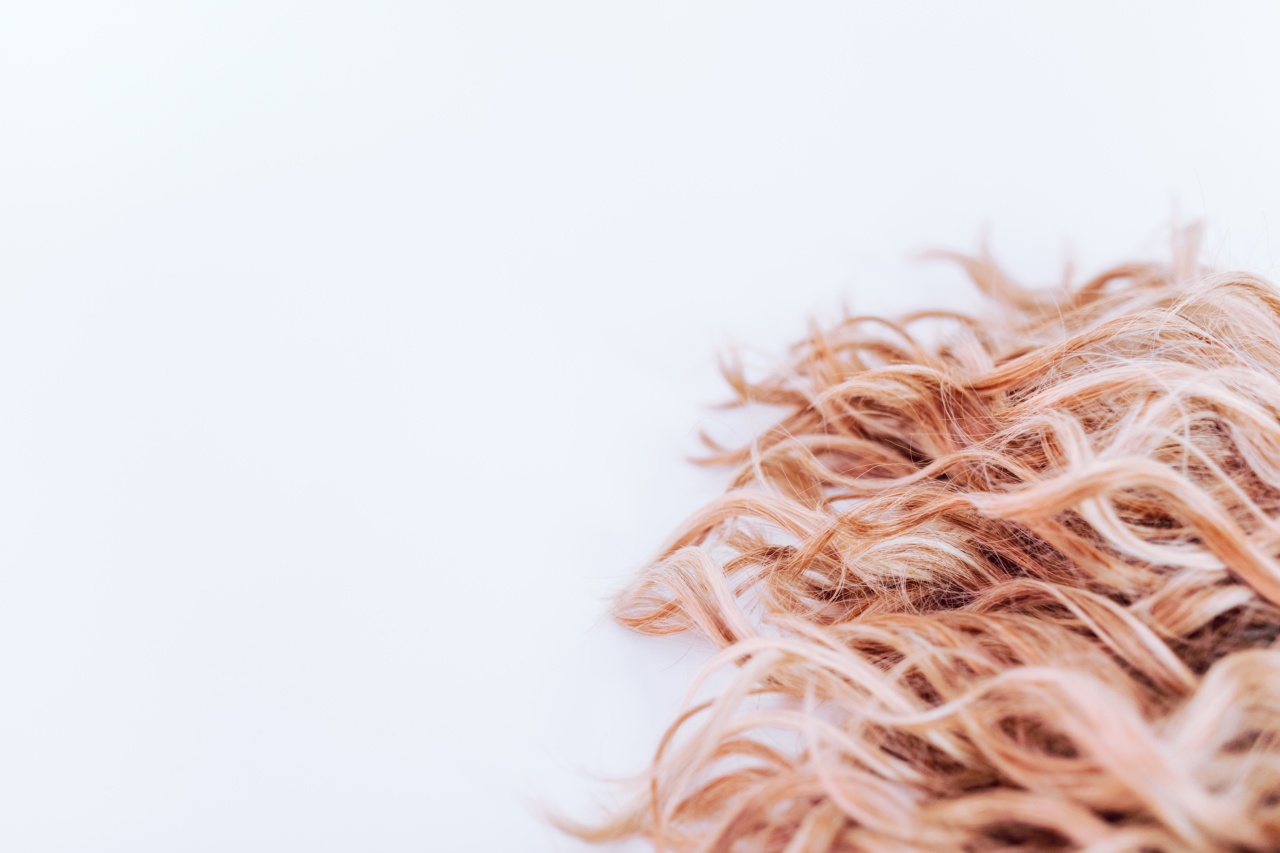Having dry skin is a common condition that affects millions of people worldwide. Dry skin occurs when the skin lacks moisture and becomes dehydrated. It can lead to various health implications and discomfort if not properly addressed.
In this article, we will explore the causes, symptoms, and potential health risks associated with dry skin.
Understanding Dry Skin
Dry skin, also known as xerosis, is a condition where the skin loses its natural moisture content. It can affect any part of the body and can occur at any age.
Dry skin may be temporary, caused by external factors such as weather or frequent exposure to hot water, or it can be a chronic condition.
One of the primary causes of dry skin is the lack of sebum production. Sebum is a natural oil produced by the sebaceous glands, which helps to keep the skin moisturized and protected.
When the skin does not produce enough sebum, it becomes dry, flaky, and prone to irritation.
Causes of Dry Skin
Several factors can contribute to the development of dry skin. These include:.
1. Weather Conditions
Extreme temperatures, low humidity, and cold winds can deplete the moisture from the skin, leading to dryness.
2. Hot Showers or Baths
Excessive exposure to hot water can strip the skin of its natural oils, causing dryness.
3. Harsh Soaps and Cleansers
Using soap or cleansers that are too harsh or contain drying ingredients can disrupt the skin’s natural moisture balance.
4. Aging
As we age, the skin’s ability to produce sebum decreases, resulting in drier skin.
5. Underlying Skin Conditions
Certain skin conditions like eczema, psoriasis, and dermatitis can cause dryness and inflammation.
6. Medical Conditions
Medical conditions such as hypothyroidism and diabetes can contribute to dry skin by affecting the skin’s ability to retain moisture.
Common Symptoms of Dry Skin
Dry skin can manifest in several ways. Some of the most common symptoms include:.
1. Tightness and Itching
One of the first signs of dry skin is a feeling of tightness and itchiness.
2. Flaking or Scaling
The skin may become flaky and develop small scales, especially in areas prone to dryness.
3. Redness and Irritation
Dry skin is often accompanied by redness and can be more susceptible to irritation and inflammation.
4. Rough and Dull Appearance
Dry skin lacks the natural glow and suppleness, and may appear rough and dull.
Health Implications of Dry Skin
While dry skin is not usually a severe medical condition, it can lead to several health implications and discomfort. Some of these include:.
1. Increased Risk of Infections
When the skin’s natural barrier is compromised due to dryness, it becomes more prone to infections caused by bacteria, fungi, and other pathogens.
2. Worsening of Skin Conditions
If you already have existing skin conditions like eczema or psoriasis, dry skin can exacerbate the symptoms and lead to increased itchiness, redness, and inflammation.
3. Impaired Wound Healing
Moisture is essential for proper wound healing. Dry skin can delay the healing process of cuts, scrapes, and other skin injuries.
4. Increased Sensitivity and Allergies
Dry skin is more susceptible to irritants and allergens, which can trigger allergic reactions, contact dermatitis, and sensitivities.
5. Psychological Impact
Chronic dry skin can affect an individual’s self-esteem and mental well-being. It may cause feelings of self-consciousness, social anxiety, and stress.
Prevention and Management of Dry Skin
Fortunately, there are several measures you can take to prevent and manage dry skin. These include:.
1. Moisturize Regularly
Apply a moisturizer suitable for your skin type after showering or bathing to lock in moisture.
2. Avoid Hot Water
Opt for lukewarm water instead of hot water during showers or baths to prevent stripping the skin’s natural oils.
3. Use Mild Cleansers
Choose gentle, fragrance-free cleansers that do not contain harsh ingredients that can further dry out the skin.
4. Humidify Your Environment
Use a humidifier in your home, especially during the winter months or in dry climates, to add moisture to the air.
5. Protect Your Skin
Wear appropriate clothing, including gloves and scarves, to protect your skin from harsh weather conditions.
6. Stay Hydrated
Drink an adequate amount of water throughout the day to maintain overall hydration.
Final Thoughts
Dry skin can be uncomfortable and have various health implications if left untreated. By understanding the causes, symptoms, and potential risks associated with dry skin, you can take proactive measures to prevent and manage this condition.
Remember to consult with a dermatologist or healthcare professional if your dry skin persists or worsens despite self-care measures.





























